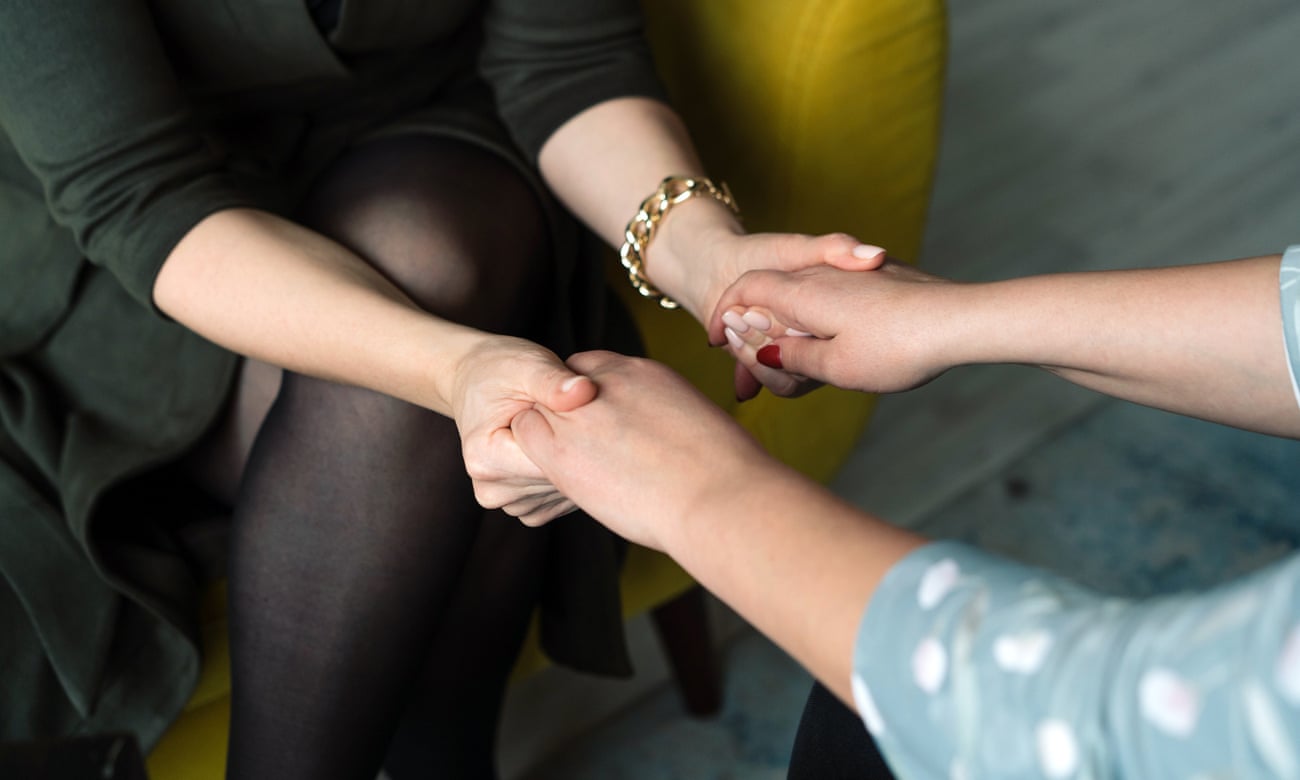My daughter is often in tears and says she always feels sad
The dilemma My daughter, 20, tells me she feels sad “all the time”.
It’s been going on since she started secondary school, although she was a troublesome toddler and we had really terrible twos that went on for a few years. She always comes to me and not her lovely, sensitive, understanding dad for these talks. She’s doing well in her first year of uni and is popular. We have a comfortable, affluent lifestyle, as well as an emotionally warm home. Indeed, so comfortable is our lifestyle, she often feels she is very “privileged” and has no reason to feel sad and this only contributes to her low mood by adding guilt. She’s been asking for antidepressants for years and during this time I’ve known many of my friends with girls the same age agreeing to prescription drugs. However, my father, who works with people coming off antidepressants, convinced us this isn’t a good idea.
It is hard to “just listen”. I’ve done so much listening and hugging and it’s not working. The latest crisis is again coming after a long period of her seeming happy and fulfilled. I feel frustrated that I can’t help. Maybe antidepressants are the solution. However, I’m also beginning to wonder if she isn’t just a sensitive, melancholic person who needs to come to terms with feeling periods of sadness, find things that make her happy and muddle through.
Philippa’s answer You are doing well to tell her not to admonish herself for being sad just because she is financially secure. She already has one thing to cry about, and if she doesn’t feel entitled to cry about it, that would give her two. If she wanted to, she could ask her GP about SSRIs and, at her age, wouldn’t need your permission, so I believe that she does want something from you, but what?
As she comes to you and not her sensitive dad, it makes me suspicious that the problem may be rooted in your relationship together. I wonder if it’s to do with that period you call the “terrible twos”. How I hate that expression! This is a time when children are discovering their agency, their potency; they do need boundaries to keep them safe and their parents sane, but within those boundaries they need freedom to be themselves and experiment. It is the terrific twos. They need their feelings, which would seem unreasonable to any adult, to be validated. This usually means empathizing with a tantrum because it is impossible to fly to the moon or some such. When we are doing a hundred things at once and have more than one child, it’s hard to honor all their needs for validation and autonomy and we may, while we admonish them for their experiments or frustration, somehow, without meaning to, give them the impression they are “terrible”. And this might stick. You can talk about this with her. She won’t consciously remember it all, but her body might.

Comments
Post a Comment